Pros and cons of Cinnamon
- Food Trove
- 5218
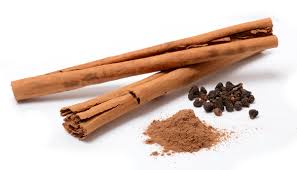
Cinnamon is a spice which comes from the bark of a evergreen tree under the genus Cinnamomum, which belongs to the laurel family.There are different types of cinnamon which is classified into Ceylon cinnamon (Sri Lankan), Cassia cinnamon (Chinese) , Saigon cinnamon (Vietnamese), Indonesian cinnamon (Korintje cinnamon).
Cinnamon is used in baking pies, rolls cakes, cookies and Mexican desserts. Cinnamon is used to flavour many Indian curries, biryanis and in cuisines from Pakistan, Malaysia and Middle Eastern countries. Cinnamon is used in many traditional medicines in Asia.
Ceylon cinnamon (cinnamomum verum)
Otherwise known as the True cinnamon, Sri Lankan cinnamon is grown and cultivated mainly in SriLanka. Cinnamon is thinner and more brittle than cassia cinnamon.The aroma is mild and the taste is sweet and is quite delicate. The fact that coumarin level in Ceylon cinnamon is very low makes it safe to consume it regularly. That said, it is very expensive as it requires highly skilled human peelers to roll cinnamon to quills.
Cassia cinnamon (Cinnamomum cassia)
Otherwise known as False cinnamon, Chinese cinnamon and is mainly cultivated in China.Cassia cinnamon is thicker and hard and it curls to quills. It is mostly available in market in flat pieces. The aroma is strong and its tastes sweet. When used in excess, one can sense little bitterness.The coumarin levels are high and constitutes to .31g /1 kg.
Saigon cinnamon (Cinnamon louririi)
Otherwise known as Vietnamese cinnamon. The aroma is strong and the taste is more pungent and bitter. The coumarin levels are very high which constitutes to 6.9 /1 kg. This can cause serious health issues when consumed regularly.
Indonesian cinnamon (Cinnamon burmannii)
The aroma and taste is similar to cassia and the coumarin levels are high when compared to cassia cinnamon. Ceylon cinnamon is expensive and contains low coumarin levels, while the other three varieties, which are cheap and contains high levels of coumarin.
Benefits of cinnamon
•It is believed to help cure cough and cold. The cinnamon sticks can be infused in hot water for half an hour to make good cinnamon tea which helps in aiding congestion problems and respiratory ills.
•It is said to be effective for diabetics as it controls the sudden increase in blood sugar after the intake of food. 1/4 teaspoon of Srilankan cinnamon along with ½ teaspoon of natural honey can be taken alternatively in morning or cinnamon filled water similar to cinnamon tea can be consumed before meals.
•It helps in digestion and cures gastric upsets (Ayuveda or Chinese physician supervision needed)
Coumarin in cinnamon
Coumarin is a chemical compound found naturally in plants. It is found in tonka beans, sweet clover and in cassia cinnamon. Coumarin is a blood thinning agent, which can cause liver damage if used in excess. Patients, who are taking medicines for heart- related issues and cholesterol, must avoid taking cinnamon supplements regularly.
The coumarin levels are highest in Saigon cinnamon, followed by Indonesian cinnamon and Cassia cinnamon.The coumarin levels are low in Sri Lankan cinnamon, which makes it safe for regular consumption. Saigon, Indonesian and Cassia cinnamon collectively called as Cassia bark or Cinnamon cassia is available in thick quills or flat pieces, which are cheap when compared to the Sri Lankan cinnamon. Coumarin levels in Saigo (6.9g/kg), Indonesian (2/kg), Cassia (.31/kg), Sri Lankan (.017/kg).
Cinnamon tablets are trending as a health supplement for diabetes, since the coumarin present in it is a blood thining agent.
However, regular intake of cinnamon can be lethal (cassia cinnamon tablets are banned by many countries due to the high coumarin levels).
Nutrition facts of cinnamon (As per 100 gms):-
Calories: 247 gms
Fats: 1.2 g
Carbohydrates: 81 g
Protein: 4 g
Sodium : 10 mg
Potassium: 431 g
Vitamins: Vitamin C, B6
Contains Iron, Magnesium and Calcium (100%)


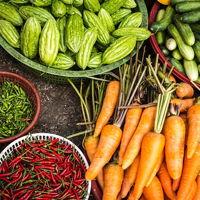
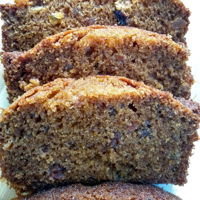
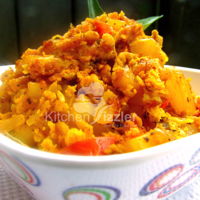
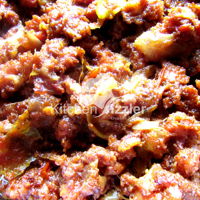
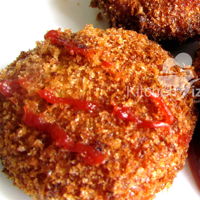
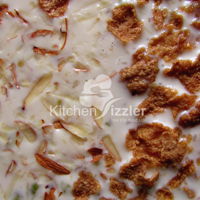



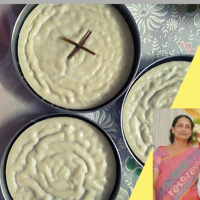

0 Comments